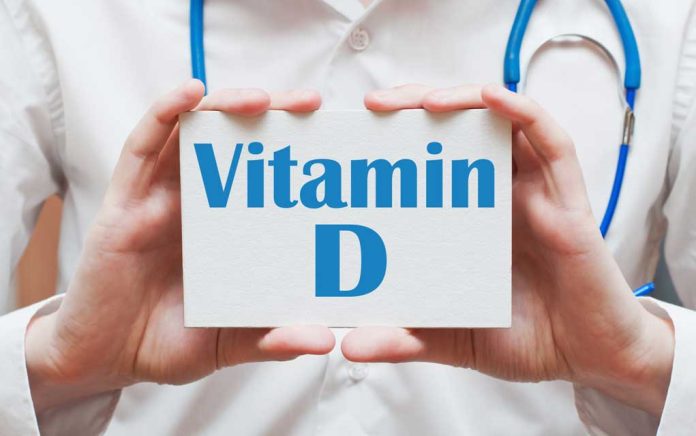
(HealthyResearch.com) – Vitamin D plays an important role in many aspects of daily health. Contrary to popular belief, Vitamin D is actually a hormone that contributes to several body functions, including the concentration of calcium in the blood. But did you know that there is more than one type of Vitamin D? Let’s explore it a bit.
What Are the Types of Vitamin D?
Vitamin D plays a key role in your body’s ability to absorb calcium. This process starts in the gut and then flows into the bloodstream. Getting enough sunlight and eating a balanced diet takes care of most of what the body needs for many people.
There are two major types of vitamin D that the body requires:
- Vitamin D2: Synthesized by plants and not naturally produced by the human body.
- Vitamin D3: Made through the skin via sunlight. Also ingested via animal sources.
Some people are deficient in vitamin D, so they need to supplement. Taking vitamin D supplements is the best way to ensure your body can keep up adequately with absorption.
Why Is Vitamin D So Important to My Health?
This vitamin plays a vital role in the overall regulation of phosphates and calcium in the body. This balance, in turn, contributes to bone and muscle health at every age. Without adequate vitamin D, children can develop rickets, a condition in which their bones can easily bend or break. In addition, there are other concerns stemming from a lack of vitamin D, including:
- Proper wound healing.
- Production and regulation of epinephrine and norepinephrine.
- Thyroid control.
- Serotonin production, which affects mood and depression.
We are also at an increased risk of bone fractures if our bodies lack vitamin D. Low levels of vitamin D can have a negative effect on oral health as well, making teeth vulnerable to decay and deterioration.
Places to Get It
You should consume between 400-800 IU per day to reach the daily recommended value. In addition to daily sunlight and a supplement, these foods are high in vitamin D3:
- Fatty fish, such as tuna, mackerel and salmon
- Fish liver oils
- Beef liver
- Cheese
- Egg yolks
While these are good sources, it’s important to have levels checked at your doctor’s office if there is any concern.
Are You Vitamin D Deficient?
Vitamin D deficiency can lead to high blood pressure, diabetes, falls and some types of cancer. Avoiding the pitfalls stemming from a lack of Vitamin D is a concern for many people at a higher risk of deficiency, including:
- People over 50
- Low sun-exposure and staying indoors
- Wearing a lot of sunscreen
- Having darker skin (which makes you less able to produce vitamin D from sunlight)
- Being overweight
- Having chronic kidney or liver disease
- Not getting enough dairy or fish
- Those who have had gastric bypass surgery
There are some telltale signs that you could be deficient in vitamin D, such as:
- Mood changes
- Bone pain and fractures
- Joint pain
- Muscle cramps
- Fatigue
Make an appointment with your doctor to discuss your risks, testing, and possible treatment options.
We all want to feel our best! Sometimes, keeping track of new dietary information can seem a bit overwhelming. Consulting our healthcare teams, following their suggestions, and monitoring how we feel can help us integrate all the evolving medical information into healthier lives. One step at a time, one day at a time, living our best lives will become easier.
~Here’s to Your Health & Safety!
Copyright 2020, HealthyResearch.com
















